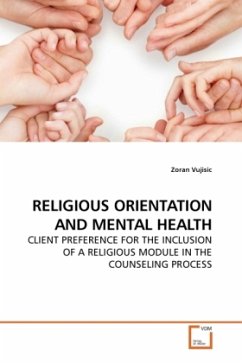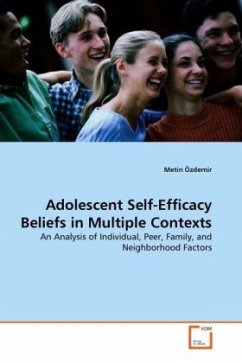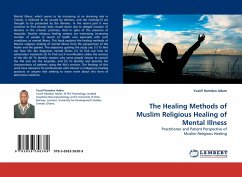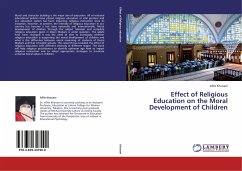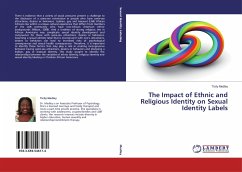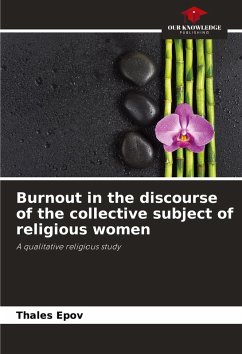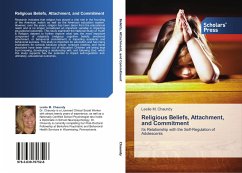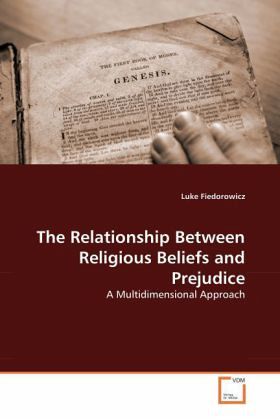
The Relationship Between Religious Beliefs and Prejudice
A Multidimensional Approach
Versandkostenfrei!
Versandfertig in 6-10 Tagen
32,99 €
inkl. MwSt.

PAYBACK Punkte
16 °P sammeln!
Many theorists propose a link between religious beliefs and prejudice but studies show contradictory results. Recently, there has also been a growing interest in the differences between implicit and explicit prejudices. It is possible that there are different sets of predictors of each attitude type. African-Americans have historically been the most openly targeted minority in America. Recently, gay men and lesbians have also faced increased prejudice. The purpose of this project was to examine several aspects of religious beliefs (involvement, intrinsic/extrinsic, fundamentalism, quest, histo...
Many theorists propose a link between religious beliefs and prejudice but studies show contradictory results. Recently, there has also been a growing interest in the differences between implicit and explicit prejudices. It is possible that there are different sets of predictors of each attitude type. African-Americans have historically been the most openly targeted minority in America. Recently, gay men and lesbians have also faced increased prejudice. The purpose of this project was to examine several aspects of religious beliefs (involvement, intrinsic/extrinsic, fundamentalism, quest, history, and maturity) and their relationship to explicit and implicit attitudes toward two different target groups. This project demonstrated that the relationships between religious beliefs and prejudice vary across aspects of religiosity and types of prejudice. These results suggest reasons for the diversity of previous findings and set directions for more comprehensive future research.



